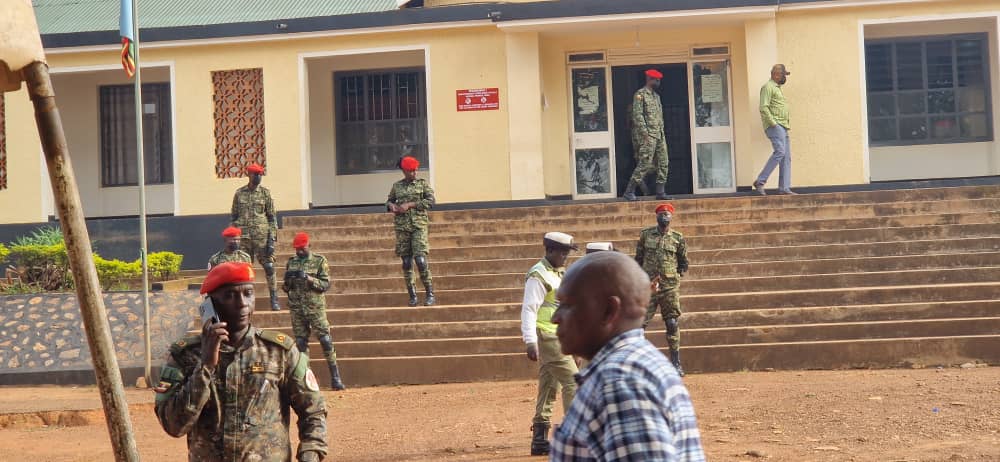Parliament Faces Backlash Over Rushed Scrutiny of Contentious UPDF Bill

Parliament is under mounting pressure following a heated joint committee session where MPs voiced strong opposition to the hurried scrutiny of a newly introduced, 144-page bill.
The Legal and Defence Committees, chaired by Baka Mugabi (Legal), were given until Friday to propose amendments—sparking immediate concerns over due process.
“We should deal with the bill, but not undo the Supreme Court ruling. We do not have a lot of time,” Mugabi said, justifying the urgency.
However, MPs pushed back against the compressed timeline. MP Jonathan Odur criticized the lack of prior preparation and internal consultation.
“Even robots cannot deal with this in three days. It's shambolic. We need time to internalise the Supreme Court judgement,” he warned.
Erute South MP Odur argued that bypassing standard procedures—like pre-witness strategy sessions—undermines the committee’s effectiveness.
“It’s suspicious to limit how we deal with a bill we haven’t studied. We’ve just seen it,” he added.
Rubabo MP Naboth Namanya (FDC) echoed similar concerns, questioning the rationale for urgency.
“The composer took months to draft it. Now you want us to spare just a minute?”
In response, Mugabi acknowledged the standard 45-day review period but insisted speed was possible.
“We can also proceed and do it in just a day,” he said. He noted the Supreme Court ruling is judicial notice to Parliament, implying it need not delay the process.
The standoff raises critical questions about transparency and legal integrity. Critics warn that pushing the bill through without adequate scrutiny could invite legal challenges and compromise the quality of legislation.
As the Friday deadline looms, all eyes remain on Parliament to see whether due diligence will prevail over political pressure.
The government is amending the Uganda People’s Defence Forces (UPDF) Act to align it with recent Supreme Court rulings and address gaps that have emerged since the law's enactment.
Key drivers for the amendment include clarifying the jurisdiction of military courts, especially over civilians, ensuring consistency with the 1995 Constitution, and strengthening the legal framework governing military discipline, operations, and oversight.
The proposed changes are also aimed at enhancing accountability, streamlining command structures, and adapting the law to current security and governance realities, both locally and in the context of Uganda’s regional peacekeeping obligations.



0 Comments